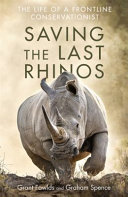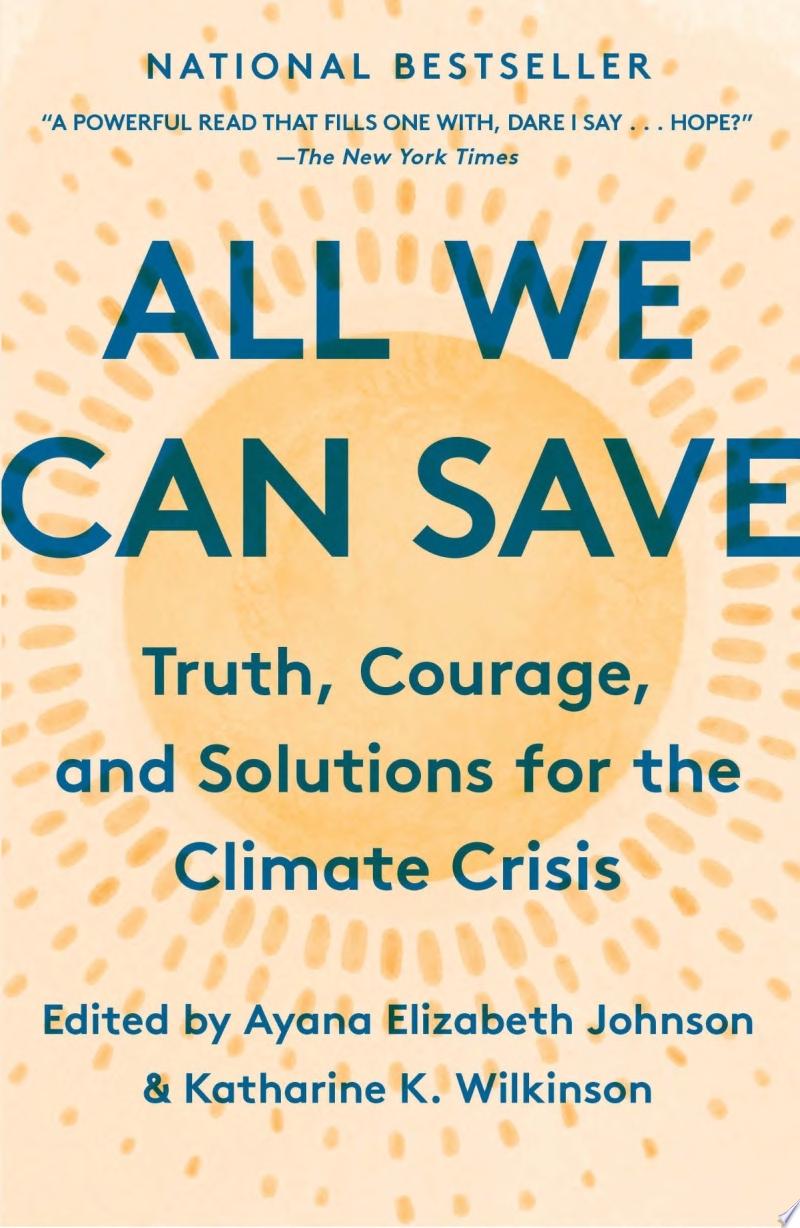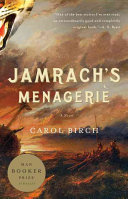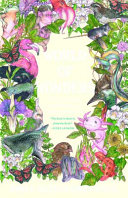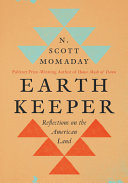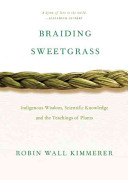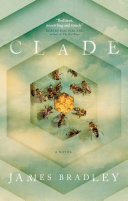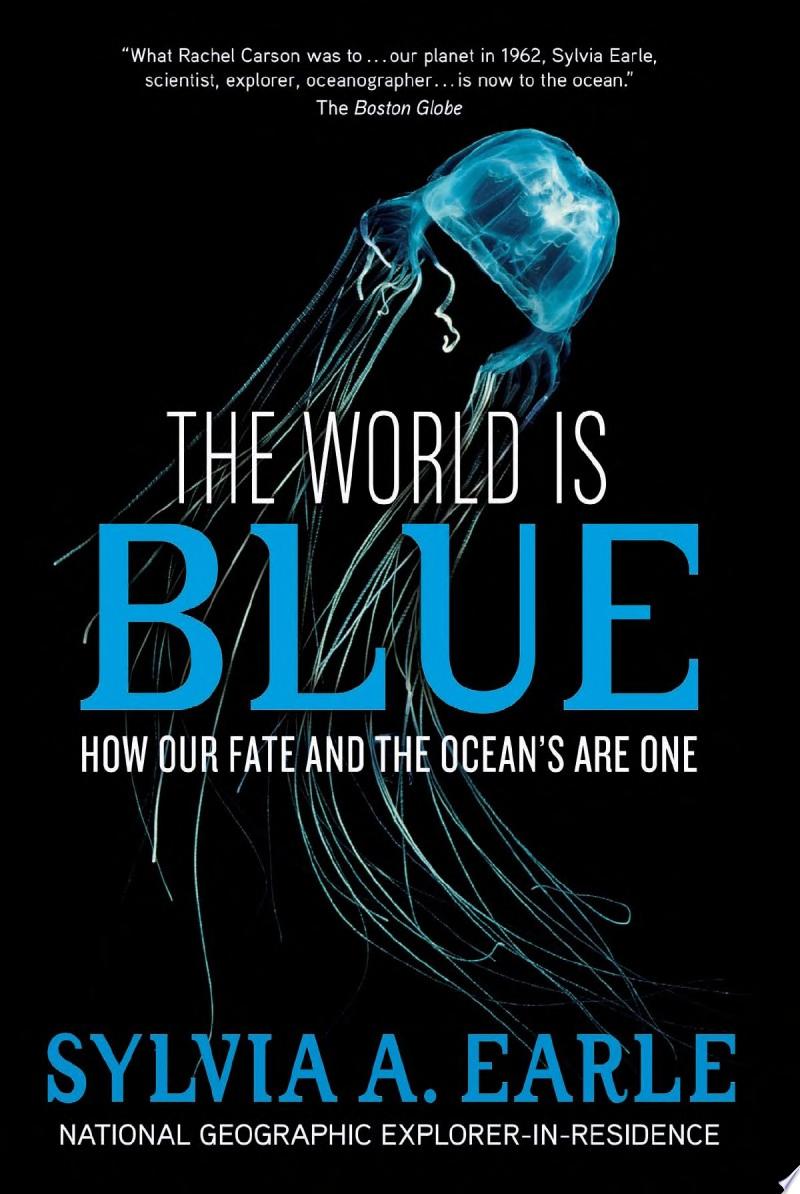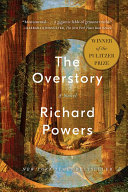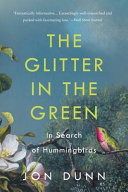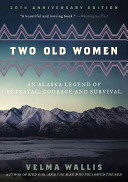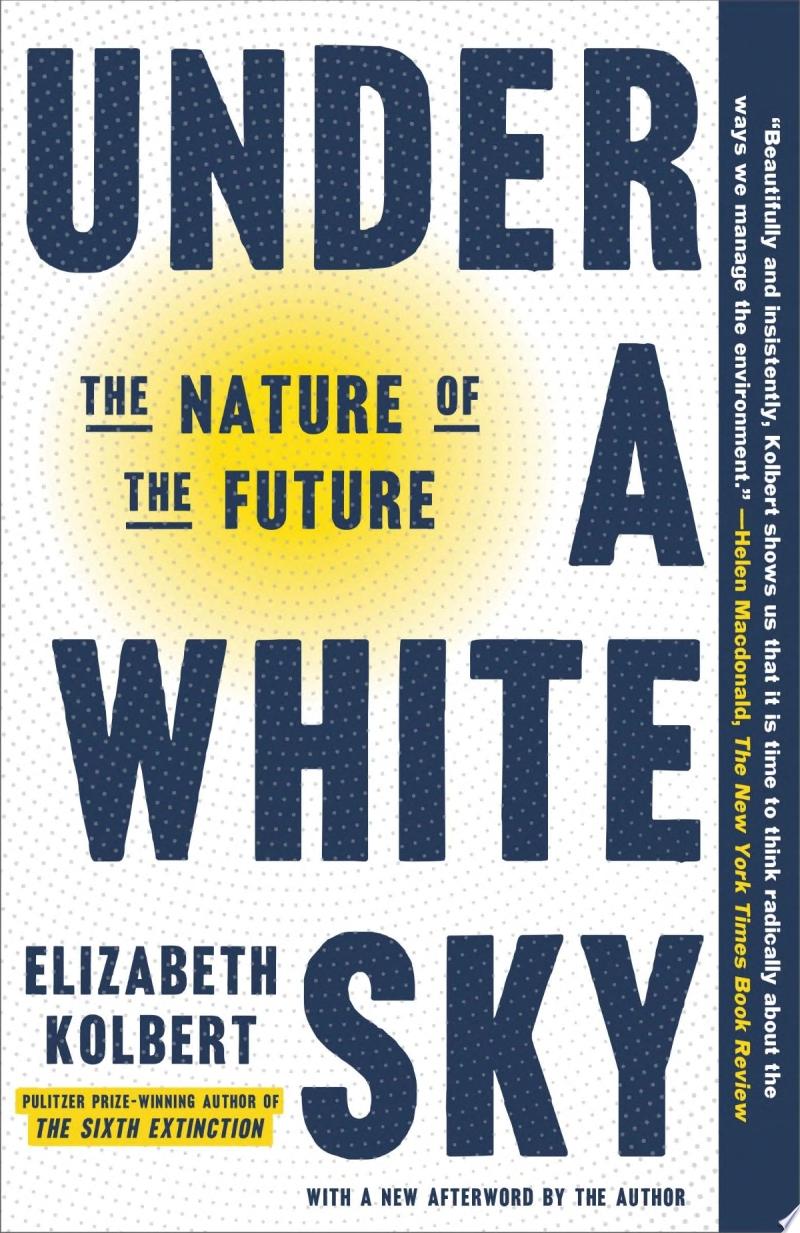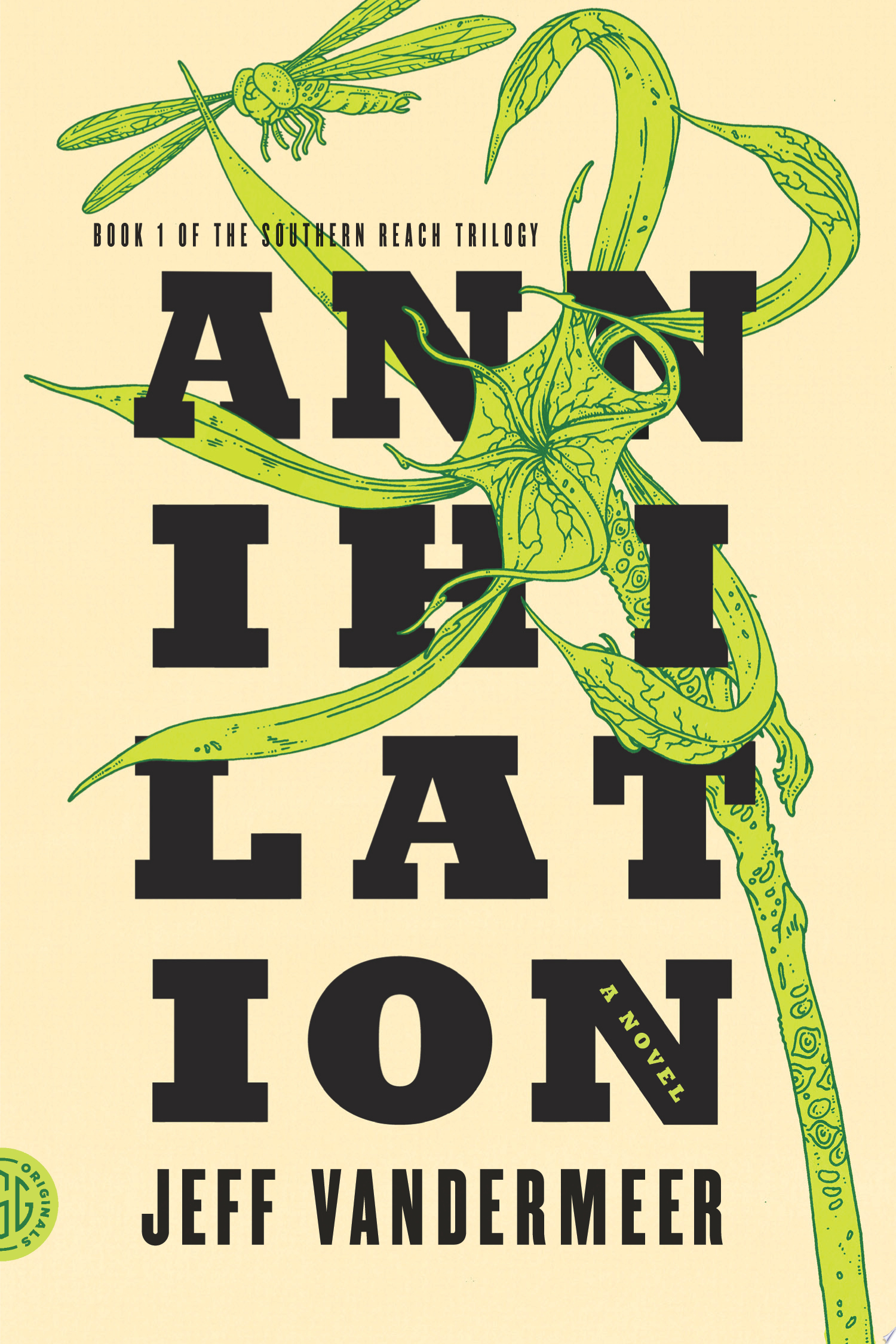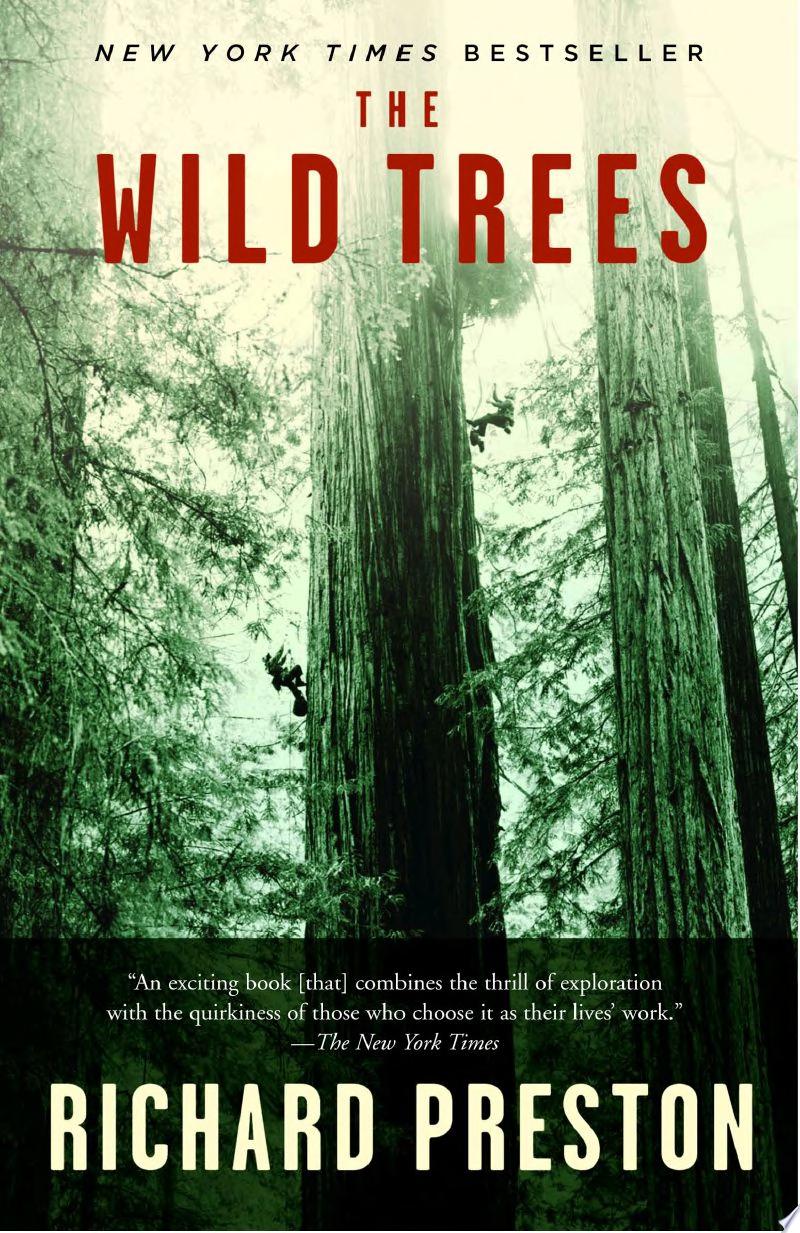List
Saving the Last Rhinos
Grant Fowlds
"Each year, more than one thousand rhinoceroses are killed - in South Africa alone. There are fewer than 18,000 white rhinos and only 5,000 black rhinos left alive in the wild. The situation with regard to this corrupt, illegal war on wildlife is clearly critical. And what are rhinos killed for? Their horns - sold in shavings as a snake-oil 'cure' for colds or impotence. The going price is $16,000 a kilogram, but a rhino's horn is simply keratin, the same material as our fingernails, with no magical, medicinal properties. Grant Fowlds is a passionate conservationist on the front line of protecting these iconic animals - right now, against armed poachers; but in the longer term, too, through his work with schoolchildren, communities and policymakers."
All We Can Save
Ayana Elizabeth Johnson
There is a renaissance blooming in the climate movement: leadership that is more characteristically feminine and more faithfully feminist, rooted in compassion, connection, creativity, and collaboration. While it’s clear that women and girls are vital voices and agents of change for this planet, they are too often missing from the proverbial table. More than a problem of bias, it’s a dynamic that sets us up for failure. To change everything, we need everyone. Intermixing essays with poetry and art, this book is both a balm and a guide for knowing and holding what has been done to the world, while bolstering our resolve never to give up on one another or our collective future. We must summon truth, courage, and solutions to turn away from the brink and toward life-giving possibility. Curated by two climate leaders, the book is a collection and celebration of visionaries who are leading us on a path toward all we can save.
Jamrach's Menagerie
Carol Birch
Nineteenth-century London comes vividly alive in this story a street urchin named Jaffy Brown. After a close call with an escaped tiger, Jaffy goes to work for Mr. Charles Jamrach, the famed importer of exotic animals. As the years pass, Mr. Jamrach recruits Jaffy and another boy named Tim to capture a fabled dragon during the course of an epic three-year whaling expedition in the East Indies. But when a violent storm sinks the ship, Jaffy and Tim are forced to confront their relationship to the natural world and the wildness it contains. Jamrach's Menagerie is a truly gripping novel about friendship, sacrifice, and survival.
World of Wonders
Aimee Nezhukumatathil
As a child, Nezhukumatathil called many places home: the grounds of a Kansas mental institution, where her Filipina mother was a doctor; the open skies and tall mountains of Arizona, where she hiked with her Indian father; and the chillier climes of western New York and Ohio. But no matter where she was transplanted--no matter how awkward the fit or forbidding the landscape--she was able to turn to our world's fierce and funny creatures for guidance. "What the peacock can do," she tells us, "is remind you of a home you will run away from and run back to all your life." The axolotl teaches us to smile, even in the face of unkindness; the touch-me-not plant shows us how to shake off unwanted advances; the narwhal demonstrates how to survive in hostile environments. Even in the strange and the unlovely, Nezhukumatathil finds beauty and kinship. For it is this way with wonder: it requires that we are curious enough to look past the distractions in order to fully appreciate the world's gifts.
Earth Keeper
N. Scott Momaday
A member of the Kiowa tribe who was born and grew up on Indian reservations throughout the Southwest, N. Scott Momaday has an intimate connection to the land he knows well and loves deeply. In Earth Keeper: Reflections on the American Land, he reflects on his native ground and its influence on his people. "When I think about my life and the lives of my ancestors, I am inevitably led to the conviction that I, and they, belong to the American land. This is a declaration of belonging. And it is an offering to the earth." he writes. Momaday recalls stories of his childhood, stories that have been passed down through generations, stories that reveal a profound and sacred connection to the American landscape and a reverence for the natural world. In this moving and lyrical work, he offers an homage and a warning. Momaday reminds us that the Earth is a sacred place of wonder and beauty; a source of strength and healing that must be protected before it's too late. As he so eloquently yet simply expresses, we must all be keepers of the Earth.
Braiding Sweetgrass
Robin Wall Kimmerer
"As a botanist and professor of plant ecology, Robin Wall Kimmerer has spent a career learning how to ask questions of nature using the tools of science. As a Potawatomi woman, she learned from elders, family, and history that the Potawatomi, as well as a majority of other cultures indigenous to this land, consider plants and animals to be our oldest teachers. In Braiding Sweetgrass, Kimmerer brings these two lenses of knowing together to reveal what it means to see humans as "the younger brothers of creation." As she explores these themes she circles toward a central argument: the awakening of a wider ecological consciousness requires the acknowledgement and celebration of our reciprocal relationship with the world. Once we begin to listen for the languages of other beings, we can begin to understand the innumerable life-giving gifts the world provides us and learn to offer our thanks, our care, and our own gifts in return."
Clade
James Bradley
On a beach in Antarctica, scientist Adam Leith marks the passage of the summer solstice. Back in Sydney his partner Ellie waits for the results of her latest round of IVF treatment. That result, when it comes, will change both their lives and propel them into a future neither could have predicted. In a collapsing England, Adam will battle to survive an apocalyptic storm. Against a backdrop of growing civil unrest at home, Ellie will discover a strange affinity with beekeeping. In the aftermath of a pandemic, a young man finds solace in building virtual recreations of the dead. And new connections will be formed from the most unlikely beginnings.
The World is Blue
Sylvia A. Earle
Through compelling personal stories, Sylvia Earle puts the peril of the ocean and its life in perspective for a wide public audience. Less than 10 per cent of all fish species remain. Half the coral reefs globally have died or are in sharp decline. Since the 1950s, 300 dead zones - oxygen-deficient areas that can't sustain life - have appeared along coasts. Contaminated water is increasing disease worldwide, including cholera. Pollutants in seafood is sickening growing numbers of people. The human impact on oceans and subsequently on climate change is effecting the future of the planet. The next ten years may be the most important in the next 10,000 years - either because we have turned current environmental declines around, or we have not.
The Overstory
Richard Powers
An Air Force loadmaster in the Vietnam War is shot out of the sky, then saved by falling into a banyan. An artist inherits a hundred years of photographic portraits, all of the same doomed American chestnut. A hard-partying undergraduate in the late 1980s electrocutes herself, dies, and is sent back into life by creatures of air and light. A hearing- and speech-impaired scientist discovers that trees are communicating with one another. These four, and five other strangers-each summoned in different ways by trees-are brought together in a last and violent stand to save the continent's few remaining acres of virgin forest. In his twelfth novel, National Book Award winner Richard Powers delivers a sweeping, impassioned novel of activism and resistance that is also a stunning evocation of-and paean to-the natural world.
The Glitter in the Green
Jon Dunn
Hummingbirds are a glittering, sparkling collective of over three hundred wildly variable species. For centuries, they have been revered by indigenous Americans, coveted by European collectors, and admired worldwide for their metallic plumage and immense character. Yet they exist on a knife-edge, fighting for survival in boreal woodlands, dripping cloud forests, and subpolar islands. They are, perhaps, the embodiment of evolution's power to carve a niche for a delicate creature in even the harshest of places. Traveling from the cusp of the Arctic Circle to near-Antarctic islands, acclaimed nature writer Jon Dunn encounters birders, scientists, and storytellers in his quest to find these beguiling creatures, immersing us in the world of one of Earth's most charismatic bird families.
Two Old Women
Velma Wallis
Based on an Athabascan Indian legend passed along for many generations from mothers to daughters of the upper Yukon River Valley in Alaska, this is the suspenseful, shocking, ultimately inspirational tale of two old women abandoned by their tribe during a brutal winter famine. Though these women have been known to complain more than contribute, they now must either survive on their own or die trying. In simple but vivid detail, Velma Wallis depicts a landscape and way of life that are at once merciless and starkly beautiful.
Under a White Sky
Elizabeth Kolbert
In Under a White Sky, Elizabeth Kolbert takes a hard look at the new world we are creating. Along the way, she meets biologists who are trying to preserve the world's rarest fish, which lives in a single tiny pool in the middle of the Mojave; engineers who are turning carbon emissions to stone in Iceland; Australian researchers who are trying to develop a "super coral" that can survive on a hotter globe; and physicists who are contemplating shooting tiny diamonds into the stratosphere to cool the earth. One way to look at human civilization, says Kolbert, is as a ten-thousand-year exercise in defying nature. She examines how the very sorts of interventions that have imperiled our planet are increasingly seen as the only hope for its salvation.
Annihilation
Jeff VanderMeer
Area X has been cut off from the rest of the continent for decades. Nature has reclaimed the last vestiges of human civilization. The first expedition returned with reports of a pristine, Edenic landscape; the second expedition ended in mass suicide; the third expedition in a hail of gunfire as its members turned on one another. The members of the eleventh expedition returned as shadows of their former selves, and within weeks, all had died of cancer. In Annihilation, the first volume of Jeff VanderMeer's Southern Reach trilogy, we join the twelfth expedition. The group is made up of four women: an anthropologist; a surveyor; a psychologist, the de facto leader; and our narrator, a biologist. Their mission is to map the terrain, record all observations of their surroundings and of one another, and, above all, avoid being contaminated by Area X itself. They arrive expecting the unexpected, and Area X delivers—they discover a massive topographic anomaly and life forms that surpass understanding—but it's the surprises that came across the border with them and the secrets the expedition members are keeping from one another that change everything.
The Wild Trees
Richard Preston
Hidden away in foggy, uncharted rain forest valleys in Northern California are the largest and tallest organisms the world has ever sustained–the coast redwood trees, Sequoia sempervirens. Ninety-six percent of the ancient redwood forests have been destroyed by logging, but the untouched fragments that remain are among the great wonders of nature. The biggest redwoods have trunks up to thirty feet wide and can rise more than thirty-five stories above the ground, forming cathedral-like structures in the air. Until recently, redwoods were thought to be virtually impossible to ascend, and the canopy at the tops of these majestic trees was undiscovered. In The Wild Trees, Richard Preston unfolds the spellbinding story of Steve Sillett, Marie Antoine, and the tiny group of daring botanists and amateur naturalists that found a lost world above California, a world that is dangerous, hauntingly beautiful, and unexplored.
